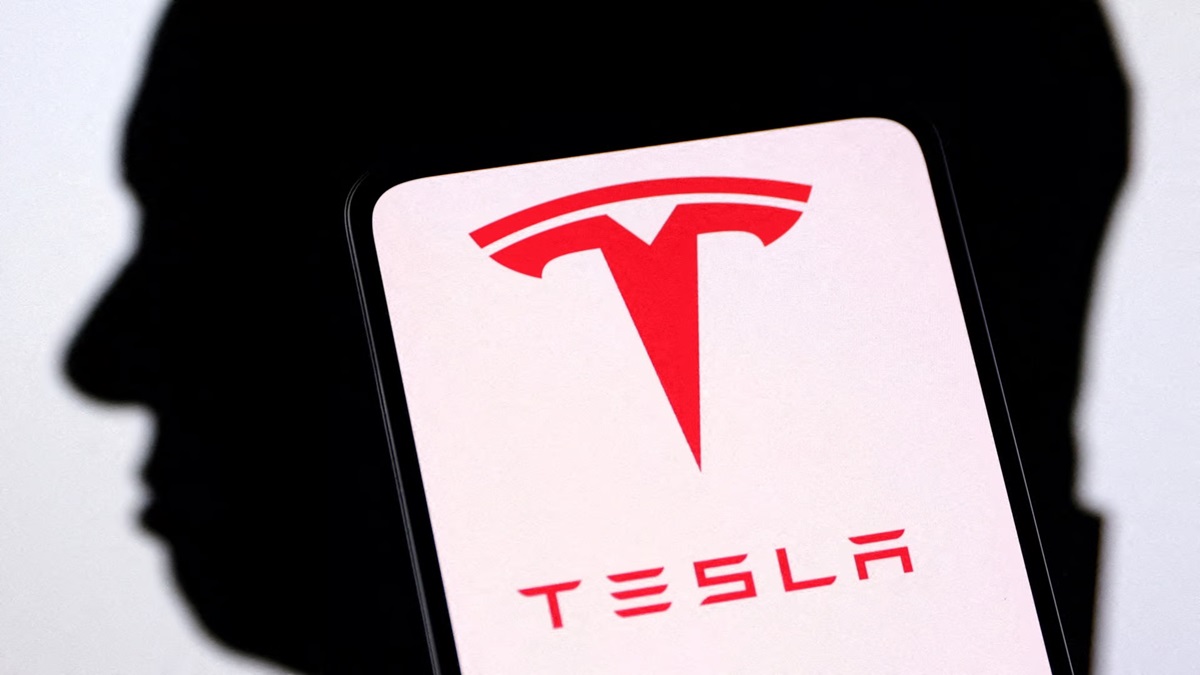Tesla, the electric vehicle company led by billionaire Elon Musk, is facing a lawsuit that accuses it of favouring foreign workers on H1-B visas over American citizens. The lawsuit claims Tesla prefers hiring H1-B visa holders because the company can pay them lower wages compared to U.S. citizens.
The class action lawsuit was filed in a San Francisco federal court. It argues that Tesla violated federal civil rights law by showing a “systematic preference” for visa holders. According to the complaint, U.S. citizens are being fired at much higher rates than visa workers.
Who Filed the Lawsuit Against Tesla?
The case has been brought forward by two individuals: software engineer Scott Taub and human resources specialist Sofia Brander. Both allege that Tesla refused to hire them once the company realized they were U.S. citizens who did not require sponsorship. Taub said he was told a job was for “H1-B visa only,” and was not called back for a second interview. Brander claimed that despite working as a contractor for Tesla, she was denied interviews for two full-time roles.
The complaint also points to Tesla’s heavy reliance on H1-B visa workers. In 2024, the company reportedly hired about 1,355 visa holders while laying off more than 6,000 domestic employees. The plaintiffs believe most of those laid off were U.S. citizens.
According to the complaint, Tesla benefits financially from hiring visa-dependent employees. It argues that the company pays them less than American workers for the same jobs, a practice sometimes referred to as “wage theft.”
Musk’s Statements Under Scrutiny
The lawsuit also refers to Elon Musk’s past remarks. On December 27, 2024, Musk posted on his platform X (formerly Twitter) supporting the H1-B visa program.
He said Tesla and other companies benefited from it, noting he once held the visa after moving from South Africa before becoming a U.S. citizen. Musk added that many people who helped build Tesla, SpaceX, and X also came through H1-B visas.
The lawsuit claims Tesla favors foreign workers over U.S. citizens, calling it discrimination. The plaintiffs are seeking damages for Americans denied jobs or laid off. Critics say the program reduces local jobs and lowers wages.




















